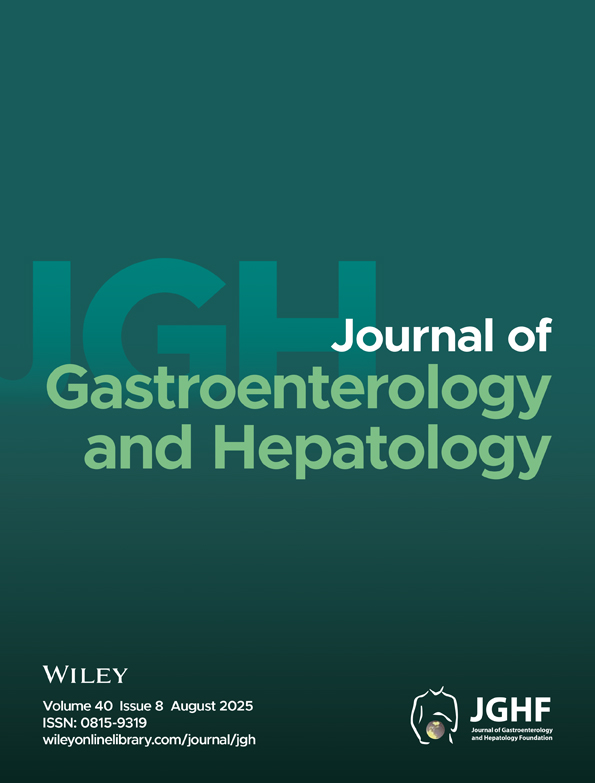Suppression of Helicobacter pylori-induced interleukin-8 production in gastric cancer cell lines by an anti-ulcer drug, geranylgeranylacetone
Abstract
Background: Geranylgeranylacetone (GGA) is an antigastritis and anti-ulcer agent, with as yet an unknown mechanism of action. In this study, we investigated the effect of GGA on Helicobacter pylori-induced interleukin (IL)-8 production and IL-8 mRNA expression in KATOIII cells, an established gastric cell line.
Methods: Interleukin-8 production in H. pylori-infected KATOIII cells was measured by using enzyme-linked immunoassay. The cytotoxicity of H. pylori on KATOIII cells was measured by a 51Cr release assay. The effect of GGA on H. pylori-induced IL-8 mRNA expression was measured by using northern blotting.
Results: Interleukin-8 production increased with time and H. pylori dose; the most significant increase was seen within 6–24 h of coculture with H. pylori. A dose of 0.1 mmol GGA suppressed IL-8 production (P = 0.0077) and inhibited H. pylori-induced IL-8 mRNA expression (P = 0.0019). Furthermore, H. pylori-induced gastric mucosal cell injury associated with IL-8 and neutrophil activation was enhanced by NH3, and this enhancement was suppressed by GGA (P = 0.0043).
Conclusions: Helicobacter pylori- infected gastric mucosal cells produce IL-8, which can promote neutrophil activation, thus contributing to mucosal tissue injury associated with H. pylori infection. Agents like GGA, which can suppress IL-8 production may have a protective role in the treatment of mucosal tissue damage seen in H. pylori infection.
© 2002 Blackwell Publishing Asia Pty Ltd




